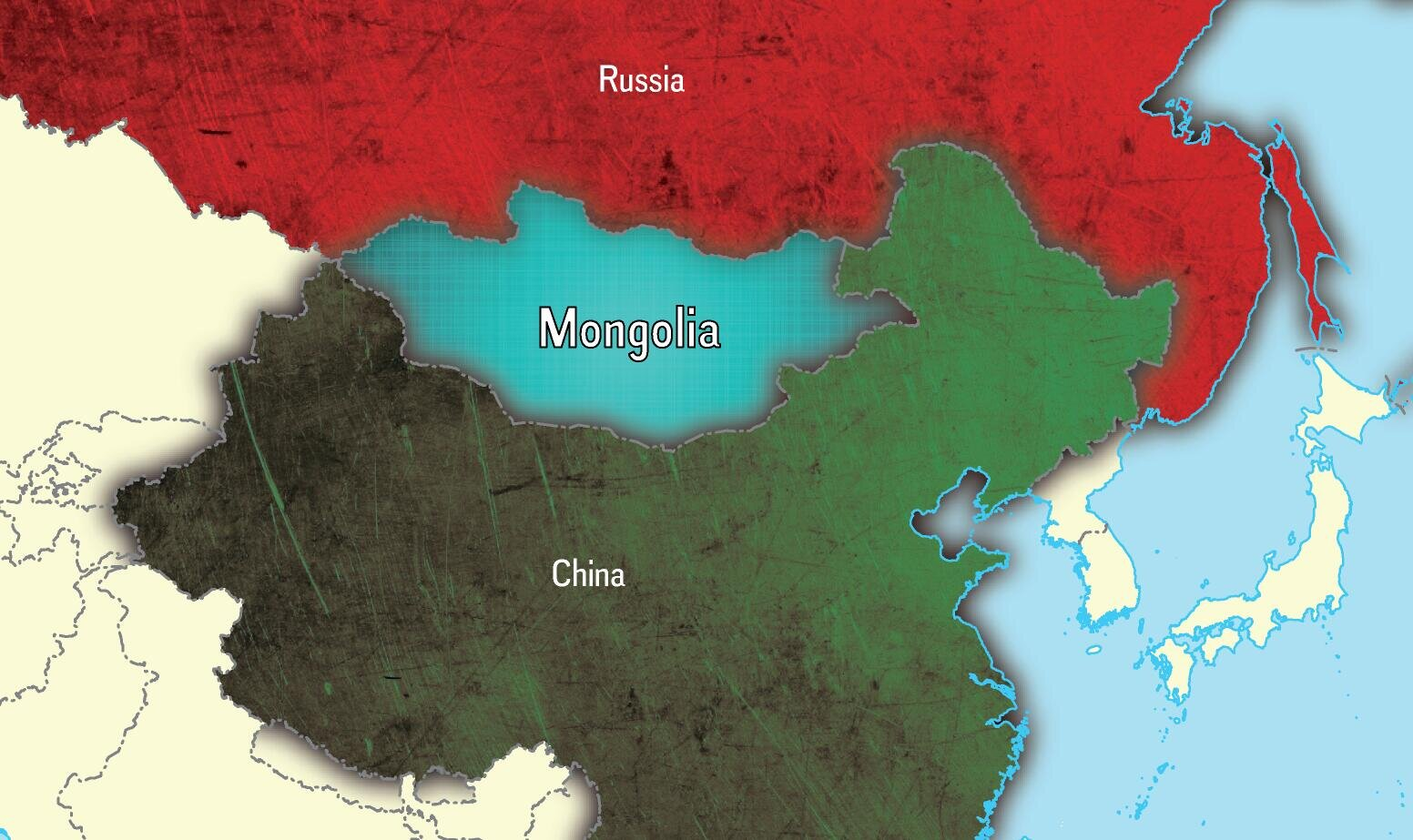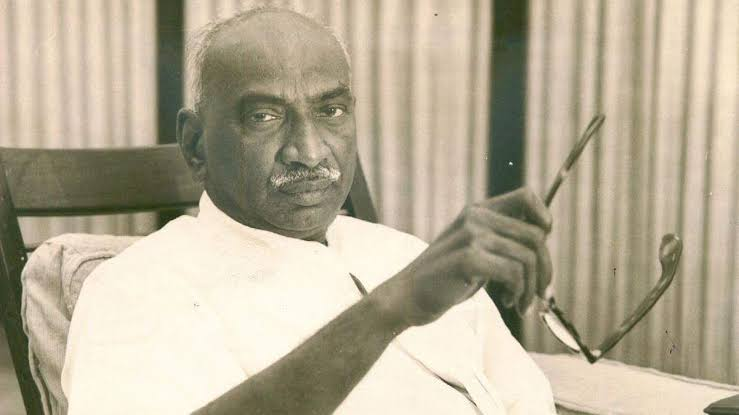Rapid Fire Current Affairs | 17 Jul 2023
15th Edition of NOMADIC ELEPHANT-23
Indian Army contingent comprising 43 personnel has embarked on a journey to Mongolia to participate in the 15th edition of the bilateral joint military exercise named "NOMADIC ELEPHANT-23." The exercise is scheduled in Ulaanbaatar, Mongolia from 17 to 31 July 2023. NOMADIC ELEPHANT is a training event conducted alternatively in Mongolia and India.
India is also an active participant in an annual week-long joint training exercise called the Khaan Quest, hosted by Mongolia.
Read more: India-Mongolia Relations
120th Birth Anniversary of Thiru Kumaraswami Kamaraj
Recently, the Prime Minister of India paid tribute to Thiru Kumaraswami Kamaraj on his Jayanti (15 July 1903 – 2 October 1975), acknowledging his significant contributions to India's development. Thiru K. Kamaraj actively participated in the Salt March in 1930, earning a two-year prison sentence. He faced imprisonment again from 1942 to 1945 due to his prominent involvement in the Quit India campaign against British rule. He was a freedom fighter, politician, and social reformer who served as the Chief Minister of Madras State (now Tamil Nadu) for nine years and as the President of the Indian National Congress for four years. He was known as the “Kingmaker” for choosing Lal Bahadur Shastri and Indira Gandhi as Prime Ministers of India after the death of Jawaharlal Nehru and Shastri, respectively. He was also a champion of education and poverty alleviation, introducing schemes like free school uniforms, textbooks, midday meals, and scholarships for poor students in Tamil Nadu. He was awarded the Bharat Ratna, India’s highest civilian honor, posthumously in 1976.
Oppenheimer: The Father of the Atomic Bomb
J. Robert Oppenheimer, an American theoretical physicist is known for his pivotal role in the creation of the atomic bomb. As the head of the Los Alamos Laboratory and leader of the Manhattan Project, Oppenheimer and his team harnessed advancements in nuclear physics to develop the first atomic bomb. The dawn of the Atomic Age occurred on July 16, 1945, with the Trinity Test, marking the successful detonation of the first atomic bomb. Subsequently, the United States dropped atomic bombs on Hiroshima and Nagasaki in Japan, resulting in devastating destruction and the loss of hundreds of thousands of lives, primarily civilians. These bombings concluded World War II in the eastern theater and initiated a nuclear arms race, with the Soviet Union, Britain, France, and China developing their own atomic weapons.
Oppenheimer, plagued by doubts about the implications of bestowing humanity with the means for its own annihilation, sought solace and reflection in the philosophy of the Bhagavad Gita. Oppenheimer's contemplation of the Bhagavad Gita allowed him to reconcile his actions, comparing his role in developing the atomic bomb to the moral dilemmas faced by Arjuna in the epic.
Read More: Hiroshima and Nagasaki, Bhagavad Gita,World War II.
World Snake Day
World Snake Day was observed and celebrated by National Zoological Park on July 16, 2023, with the aim of protecting snakes and raising awareness about their significance in India's ecosystem.
Currently, India is home for over 300 snake species, 60 of which are venomous. Out of those 60, the majority of the snake bites occur due to the Big 4 species: Daboia russelii (Russell’s viper), Naja naja (common Indian Cobra), Bungarus caeruleus (common krait), and Echis carinatus (saw-scaled viper).
Read more: Snakebite Envenoming


